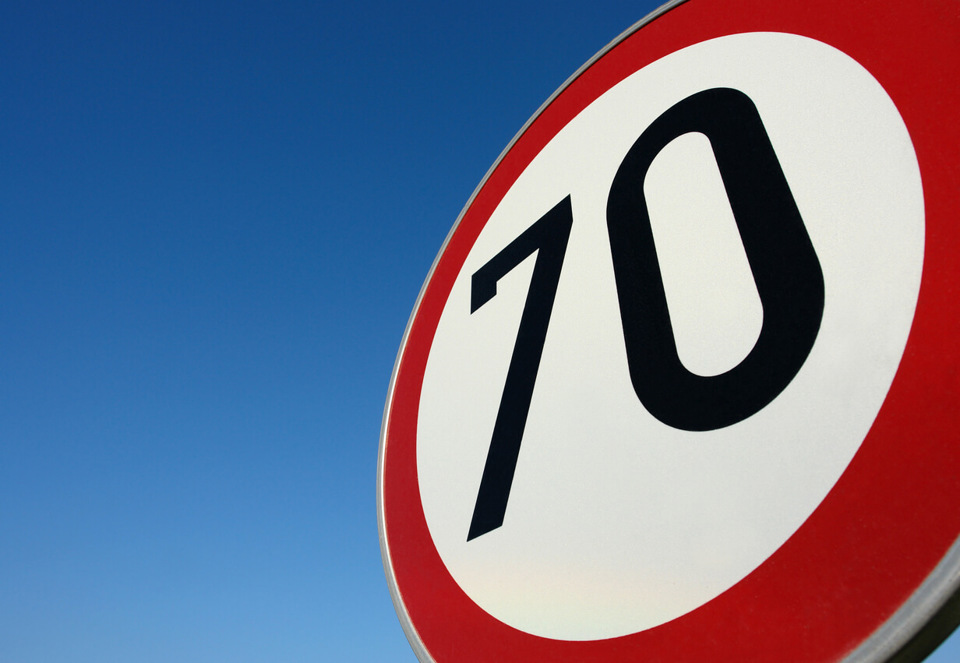"Increasing the speed limit on motorways from 70 to 80 miles per hour for cars, light vans and motorcycles could provide hundreds of millions of pounds of benefits for the economy," so said Transport Secretary Philip Hammond on the plan to increase the national speed limit.
In saying so, he is either being naive or duplicitous, although to be fair, selling the plan at a Tory Party conference as 'greater harmonisation with our European neighbours' would have been rather more difficult.
Polls show that many of us admit to breaking the speed limit on the motorway, and regard 80mph as a 'safe' and comfortable speed in the UK. Some other European countries have their speed limits set at around that limit.
Vehicles are almost immeasurably safer now than they were when the current motorway speed limit was imposed more than 40 years ago. Safety campaigners say our record as having the lowest death and casualty rate on the roads will be put in jepoardy, and any higher casualty rate as a result can't be justified.
There is also concern over what people will regard as a comfortable maximum should the speed limit be set at 80mph. Will we see more people travelling at 90mph given that prosecution is rare from breaking the current limit by 10mph?
And now that driving bans are imposed when the speed limit is exceeded by 30mph, will drivers have to be caught exceeding 110mph before they lose their licences?
Whatever people say about vehicle safety, it might be true that an accident at 70mph would not be much less harsh than one at 80mph, there would be less time to react at 80mph so the chances are casualties would increase.
The argument that raising the speed limit will boost the economy is bogus. If we could merely increase the rate of economic recovery by the speed we travel on the roads, then why limit us to a mere 80mph? Surely 100mph would be better.
And what of all those motorways that are slow and congested at peak times? How many times have you driven pase a motorway message board showing a 40mph maximum when your average speed is no where near that?
Many van fleets - along with heavy trucks surely the blood in the arteries of our road network that keep the country going - who take their responsibilities seriously already limit their vehicles well below the 70mph limit. There will be no benefit here from reduced travel time.
And those HGVs are limited to 56mph and have strict rules regarding the length of time spend on the road each day.
But older vans run my smaller organisations with perhaps less professionalism are more likely to be the ones without ABS and electronic stability control.
Some argue that it will make little difference other than decriminalise a proportion of the population who are otherwise law abiding. But if these people aren't prosecuted now for travelling at 80mph, where is the benefit in spending taxpayers' money conducting an expensive consultation and then potentially having to spend more on new speed limit signs.
And finally we come to the other 'economy' - fuel economy. It is higher at 80mph than at 70, although estimates vary. But it would appear that while many people complain about the cost of fuel, they would welcome measure that would see its consumption and cost increase by as much as 20%.
Perhaps the real economic benefit is in higher fuel duty and VAT receipts from increased fuel consumption.
Far from boosting the our struggling economy, the proposal to raise the motorway speed limit to 80mph is merely dabbling around the fringes of feel-good politics during austere times.
80mph is never good for the economy
- By Simon Harris
- |
- 5 October 2011
- News
















Login to comment
Comments
No comments have been made yet.